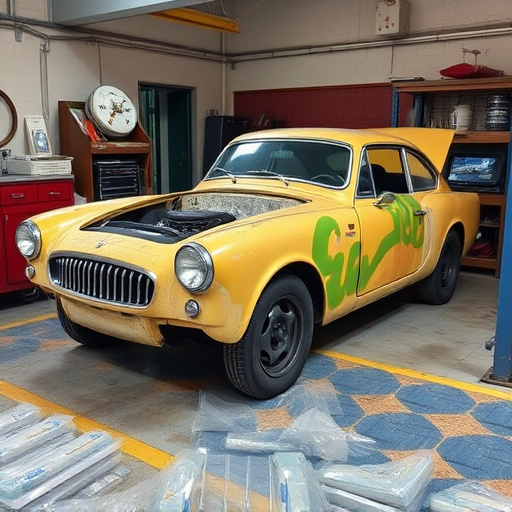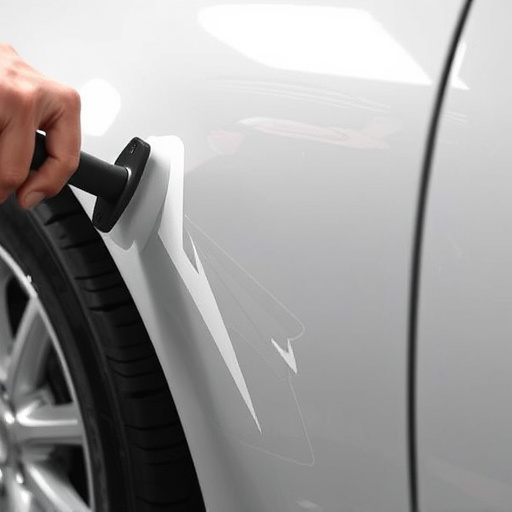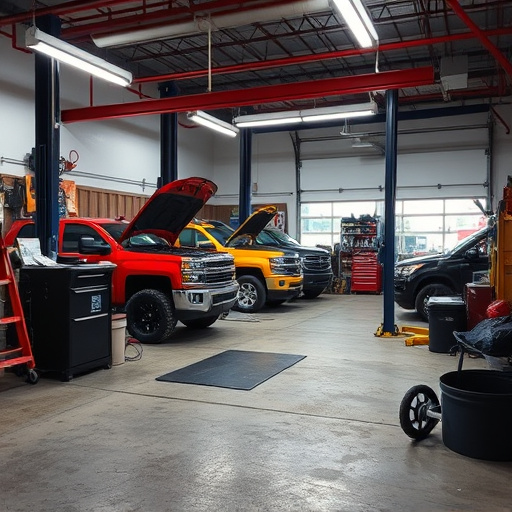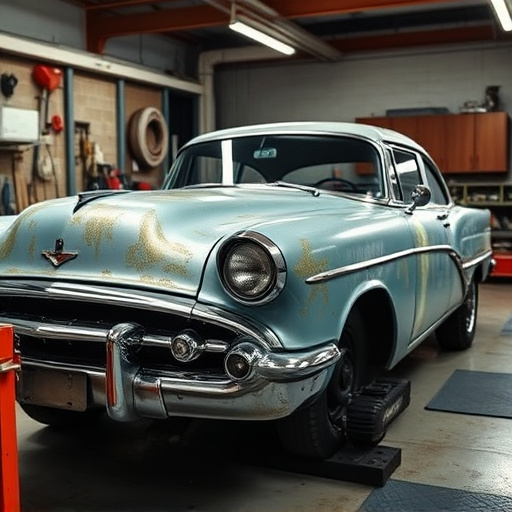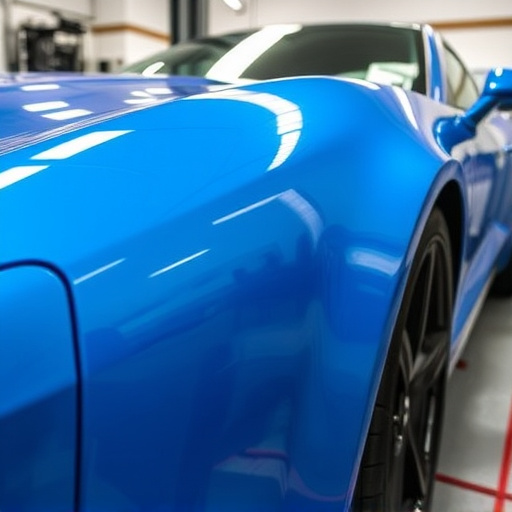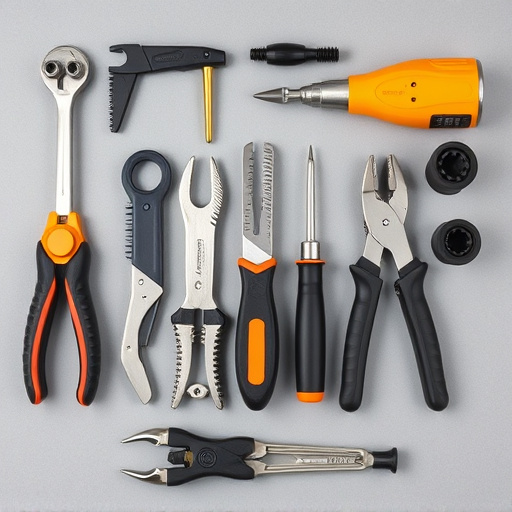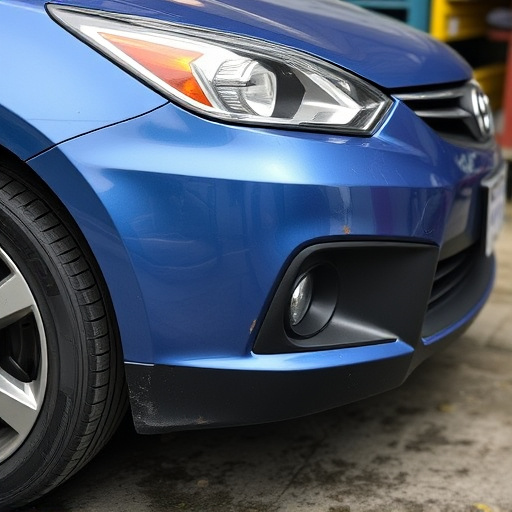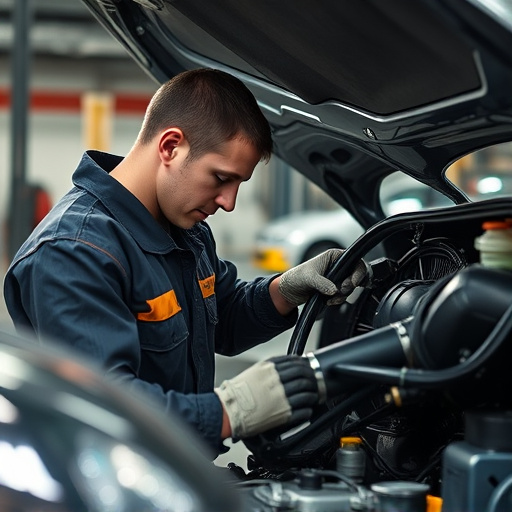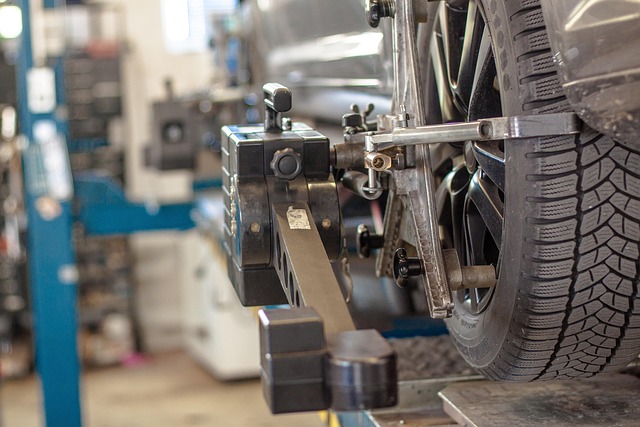By 2025, compact car body work is vital for achieving fuel efficiency, enhancing safety through crumple zones and advanced airbag deployments, and ensuring structural integrity in electric vehicles and autonomous technology. Regular repairs maintain performance and extend the lifespan of these cars, preserving their safety and aesthetics.
In 2025, compact car body work remains a cornerstone of automotive design. This article delves into three key reasons why: efficiency and fuel savings, impressive safety features, and longevity with cost-effectiveness. Despite the rise of larger vehicles, compacts continue to lead the way in environmental friendliness and practicality. Their streamlined design and advanced engineering make them a smart choice for environmentally conscious consumers seeking reliable transportation.
- Efficiency and Fuel Savings: Compacts Lead the Way
- Safety Features: Small Package, Big Impact
- Longevity and Cost-Effectiveness: A Smart Choice Still
Efficiency and Fuel Savings: Compacts Lead the Way

In the pursuit of sustainability and efficiency, compact cars have emerged as champions when it comes to fuel savings and environmental impact. As we approach 2025, the focus on reducing carbon footprints remains paramount, and vehicle manufacturers are continually optimizing their designs to meet these goals. Compact car body work plays a pivotal role in achieving these milestones.
The sleek and streamlined bodies of compact vehicles minimize aerodynamic drag, allowing for smoother operations and reduced fuel consumption. Advanced engineering in frame straightening ensures structural integrity while keeping weight to a minimum. Moreover, the efficient auto painting processes used today not only contribute to faster production but also offer a wide range of eco-friendly finishes, further enhancing the energy efficiency of these cars.
Safety Features: Small Package, Big Impact
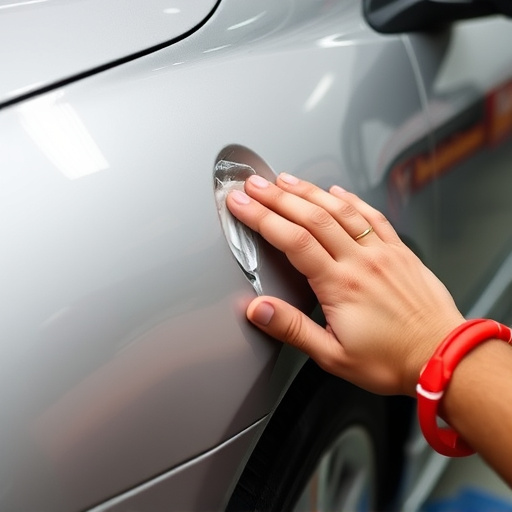
Compact car body work plays a pivotal role in enhancing safety features, even in 2025. The small package of these vehicles belies their significant impact on protecting occupants during an automotive collision repair. Advanced engineering and lightweight materials used in modern compact cars contribute to better crumple zones, ensuring energy absorption in the event of a crash. This advanced body work design not only improves structural integrity but also reduces the overall severity of injuries, making them safer choices for daily commuting.
Furthermore, leading manufacturers like Mercedes-Benz have continued to innovate in vehicle repair, integrating sophisticated safety systems that rely on precise compact car body work. These systems include advanced airbag deployments, anti-lock braking mechanisms, and electronic stability control, all designed to mitigate the impact of accidents. As the demand for safer vehicles grows, the importance of meticulous compact car body work will remain paramount in shaping the future of automotive collision repair.
Longevity and Cost-Effectiveness: A Smart Choice Still
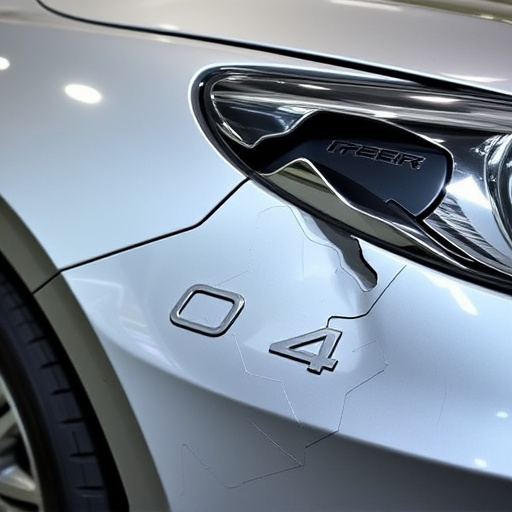
In an era dominated by electric vehicles and advanced autonomous systems, one aspect of automotive design remains as relevant as ever: compact car body work. While technology evolves rapidly, the fundamentals of vehicle structure and repair are here to stay. The longevity and cost-effectiveness of compact car body work make it a smart choice for both consumers and manufacturers in 2025. Despite the rise of new materials and designs, traditional bodywork services remain crucial for maintaining the integrity and safety of these vehicles.
Regular fender repair and tire services are essential components of compact car upkeep, ensuring that even with the increasing presence of advanced driver assistance systems (ADAS), the physical shell of the vehicle remains robust. As cars age or sustain damage, professional car bodywork services become indispensable. This is because skilled technicians can expertly address dings, dents, and more severe collisions, restoring not only the aesthetic appeal but also the structural soundness of compact cars, thereby extending their lifespan and retaining value.
In 2025, compact car body work remains a cornerstone of automotive design, offering significant advantages in efficiency, safety, and cost. As the focus on fuel savings and environmental sustainability intensifies, compact vehicles continue to lead the way with innovative engineering that maximizes space and performance. Moreover, their robust construction ensures longevity and value retention, making them a smart choice for discerning consumers who seek both style and substance.
